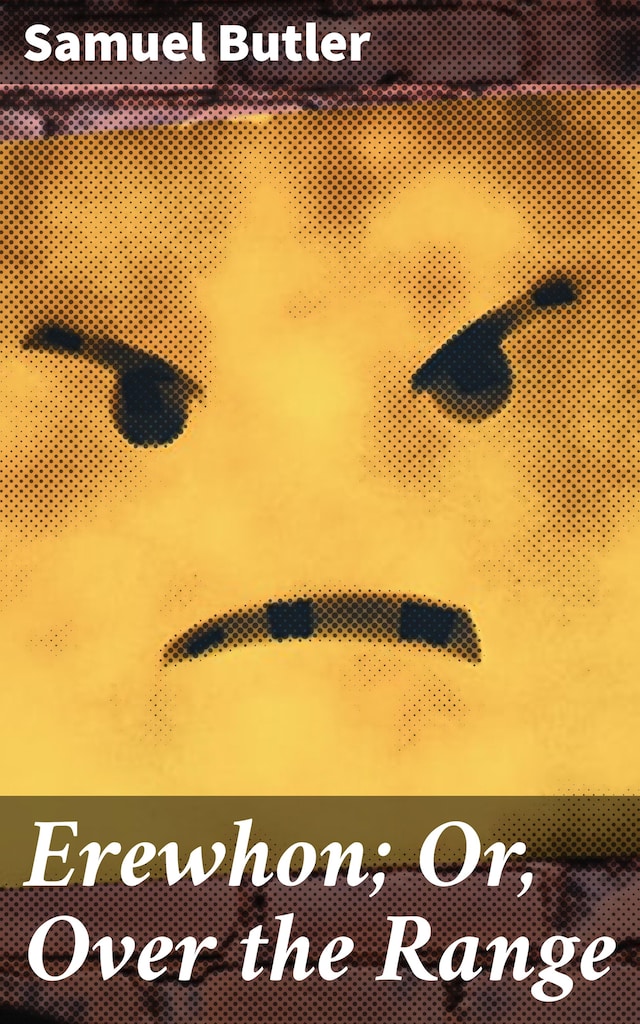
Erewhon; Or, Over the Range
Exploring Technology's Impact on Society in a Utopian Land
Description of book
In "Erewhon; Or, Over the Range," Samuel Butler crafts a satirical utopian narrative that adeptly critiques Victorian society and the moral imperatives of his time. Written in 1872, the book employs a blend of rich allegory and speculative fiction, inviting readers into a fantastical land where societal norms are inverted. The narrative style is characterized by incisive wit and irony, as Butler explores themes of technology, evolution, and morality through the lens of a traveler who encounters a peculiar civilization that has abolished machines, fearing their potential to usurp human autonomy. The text serves as both an adventurous journey and a reflective commentary on industrialism, encapsulating the anxieties and aspirations of an era on the brink of technological transformation. Samuel Butler, a notable figure in Victorian literature, was deeply influenced by his experiences in New Zealand and his philosophical explorations of Darwinism and theology. His background as a writer, painter, and ultimately, a thinker, empowered him to critique the rigid norms of his time, urging readers to confront uncomfortable truths about progress and society's trajectory. Butler'Äôs own struggles against societal conventions resonate throughout the novel, reflecting his belief in the intrinsic value of individuality and ethical evolution. "Erewhon" is recommended for readers who appreciate thought-provoking literature that challenges societal conventions and invites critical reflection on modernity. Butler's unique narrative style and incisive arguments make this work not only a compelling read but also a timeless exploration of the interplay between humanity and technology. Engage with Butler'Äôs profound inquiry into the ethics of progress and immerse yourself in a world where the boundaries of reality and imagination blur.
 Samuel Butler
Samuel Butler 283 Pages
283 PagesFormat:
Language:
English